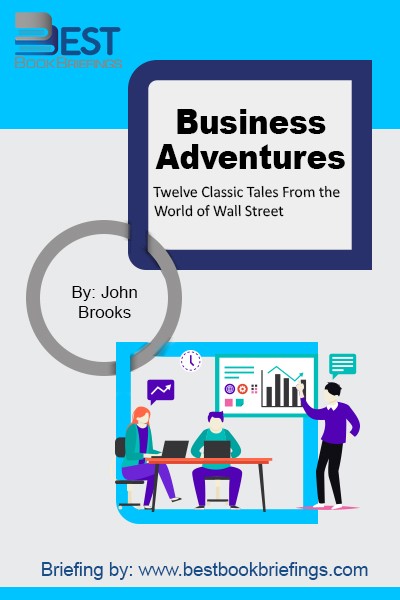Business Adventures
Twelve Classic Tales From the World of Wall Street
Editorial Review
It’s certainly true that many of the particulars of business have changed. But the fundamentals have not. The stories in this book are just as relevant now as they were back then, and the lessons learned still apply today. Each story presents people who work together, make decisions under pressure, and either succeed or fail to achieve challenging goals. That’s what business is all about, in all times and ages.
Book Reviews
Books on Related Topics
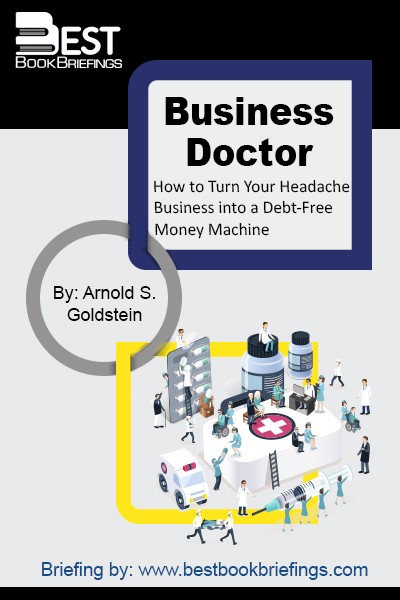
This book, loaded with fascinating examples of turnaround successes, is essential for every business owner. From a synopsis of why companies fail, to ways to resolve creditor problems, its strategies should be read by anyone with a faltering business.
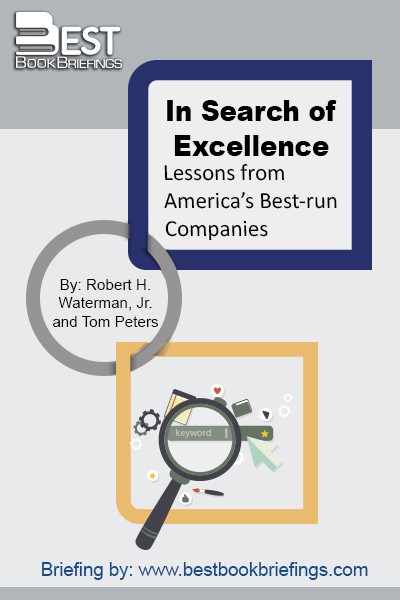
The Belgian Surrealist Rene Magritte painted a series of pipes and entitled the series “Ceci n’est pas une pipe (This is not a pipe). The picture of thing is not the thing. In the same way, an organization chart is not a compandy, nor a new strategy an automatic answer to
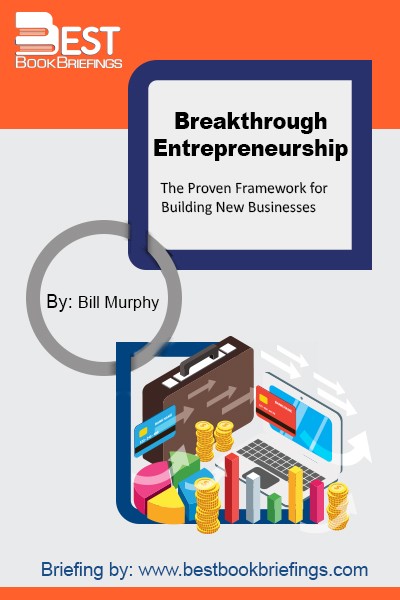
You deeply want to become an extraordinary entrepreneur, but you don’t know where to begin. You don’t have enough money; or else you’ve got money, but you wouldn’t feel right risking it. You’re too young; or else you’re too old, and the chance has already passed you by. You can’t seem
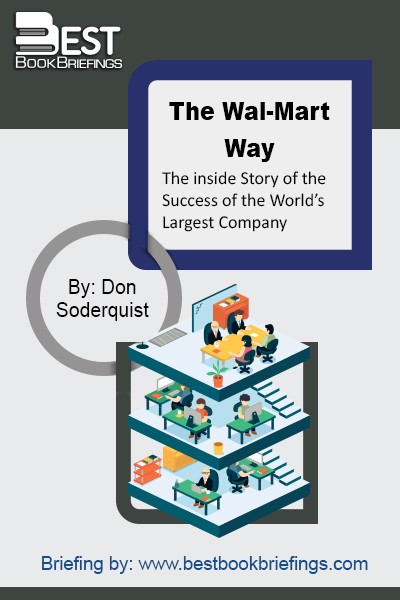
The Wal-Mart story is full of simple, but important truths. It's a story that has mystified some, frustrated others, and been admired by many. It's a story about principled, focused leadership that has been able to effectively and consistently balance values and the bottom line in a way that has seldom
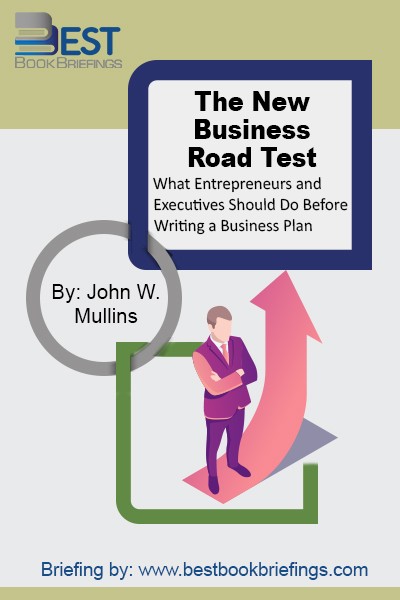
Whether you’re an entrepreneur starting your own business or an executive developing a new product or service for your company, before you even think about writing a business plan, make sure you’ve checked all the fundamentals first. At least, give your new business a fighting chance if you don’t want to

The Summary of Agile Leadership: A Leader’s Guide to Orchestrating Agile Strategy, Product Quality and IT Governance by Tony Adams presents the philosophy behind Agile Framework for software development. The author, Tony Adams, consciously and clearly illustrates how to use the framework. He discusses how to assure product quality while aiming

